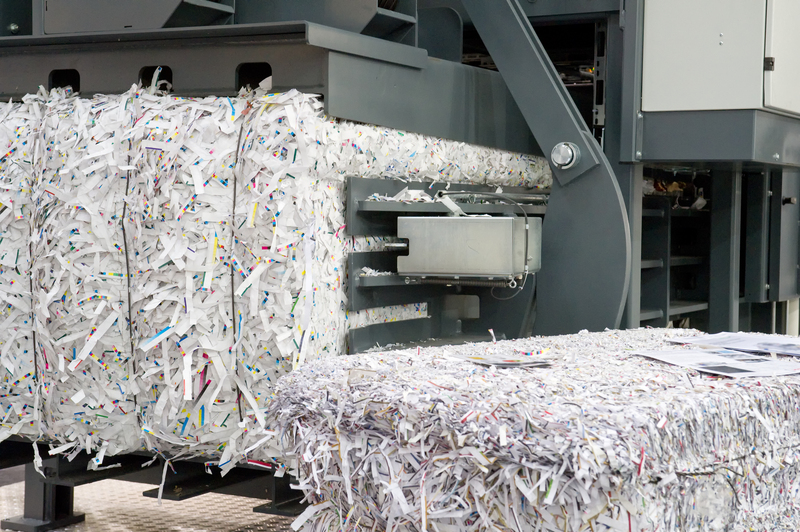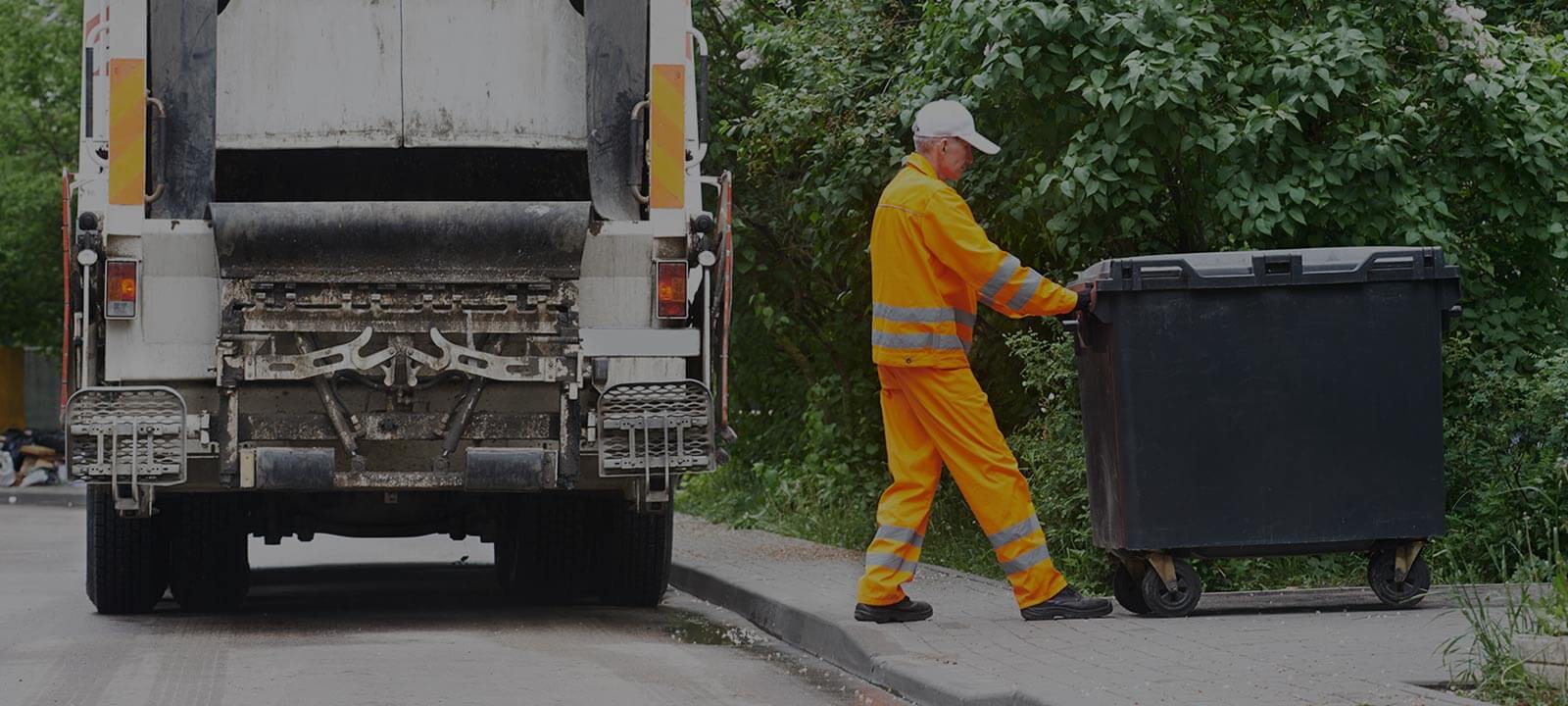Effortless Rubbish Collection: Skip Bags
Posted on 19/09/2025
Effortless Rubbish Collection: Skip Bags
In the fast-paced world we live in, managing waste efficiently and effectively is crucial. Traditional methods of rubbish collection, such as hiring a skip bin, can sometimes feel cumbersome and inconvenient. Enter skip bags--a modern solution that promises effortless rubbish collection. But what exactly are skip bags, and how can they simplify your waste management process? Let's dive in.

What Are Skip Bags?
Skip bags, also known as waste bags or skip bins' flexible counterparts, are large, durable, and flexible bags designed to hold various types of rubbish. Made from tough, woven polypropylene material, these bags come in various sizes to suit different needs. Their flexibility means they can be folded and stored easily when not in use, unlike the rigid and bulky traditional skip bins.
Benefits of Using Skip Bags
1. Versatility
Skip bags can handle a variety of waste types, from household rubbish and green waste to construction debris. Whether you're decluttering your home, trimming your garden, or undertaking a renovation project, there's a skip bag sized perfectly for your needs.
2. Cost-Effective
Since skip bags come in a range of sizes, you only pay for the capacity you need. This can be more economical than hiring a large skip bin that might not be filled to its full capacity, thereby avoiding wastage of both space and money.
3. Convenience
One of the most significant advantages of skip bags is their convenience. You can purchase them from local hardware stores or online and set them up at your own pace. Once the bag is filled, all you have to do is book a collection service, and professionals will come to pick it up, making the whole process hassle-free.
4. Space Efficiency
Unlike traditional skip bins that take up a lot of space, skip bags can be folded and stored until they are needed. This makes them a brilliant option for properties with limited space.
5. Environmental Impact
Skip bags minimize waste by ensuring that only the filled capacity is hauled away. This reduces the number of trips needed for rubbish collection, thereby lowering the carbon footprint associated with waste management.
How to Use Skip Bags Effectively
1. Choose the Right Size
Measure the amount of rubbish you need to dispose of to determine the right size of the skip bag. They come in various sizes, from small bags ideal for household waste to larger ones suitable for construction debris.
2. Proper Placement
Place the skip bag in a location that is easily accessible for collection services but also out of the way of daily activities. Avoid placing it near sharp objects or areas where it might get damaged.
3. Fill It Properly
When loading your skip bag, distribute the weight evenly to avoid tipping or tearing. Make sure to break down larger items to maximize space efficiently.
4. Schedule Collection
Once your skip bag is full, schedule a pickup with a reliable waste management company. Some companies offer next-day collection, so it's a good idea to plan this in advance.
Pros and Cons of Skip Bags
Pros
- **Ease of Use**: Simple to set up, fill, and schedule for collection.
- **Cost-Efficient**: Pay only for the size you need.
- **Convenience**: Easily available for purchase and can be stored when not in use.
- **Space-Saving**: Occupies less space compared to traditional skip bins.
- **Eco-Friendly**: Reduces carbon footprint by minimizing the number of collection trips.
Cons
- **Weight Limitations**: Most skip bags have a weight limit, which may not be sufficient for all types of waste.
- **Durability**: Though made from tough materials, they are not as sturdy as metal skip bins.
- **Collection Availability**: Depending on your location, collection services might be limited.
Tips for Using Skip Bags
1. **Plan Ahead**: Estimate the amount of waste beforehand to choose the right size.
2. **Do Not Overfill**: Adhere to weight and fill limits to avoid additional charges.
3. **Separate Waste**: Differentiate between recyclable and non-recyclable materials.
4. **Check Local Regulations**: Ensure compliance with local waste management and disposal laws.
5. **Use Protective Gear**: Wear gloves and safety gear when handling waste to avoid injuries.

Key Takeaways
- Skip bags offer a versatile, cost-efficient, and convenient alternative to traditional skip bins.
- They are ideal for various types of waste, from household to construction debris.
- Proper use and planning can maximize the effectiveness of skip bags while minimizing environmental impact.
- It's essential to understand their weight limitations and ensure they are used in compliance with local regulations.
Conclusion
Skip bags are revolutionizing the way we approach waste management. Their flexibility, convenience, and cost-effectiveness make them an excellent choice for both residential and commercial use. By understanding how to use them effectively and recognizing their limitations, you can make the most out of this efficient waste management solution. The next time you find yourself in need of disposing of rubbish, consider giving skip bags a try--you might just find them to be the effortless solution you've been looking for.
Latest Posts
Reusing for Resource Conservation
Industry applauds government's dedication to improving e-waste recycling practices






